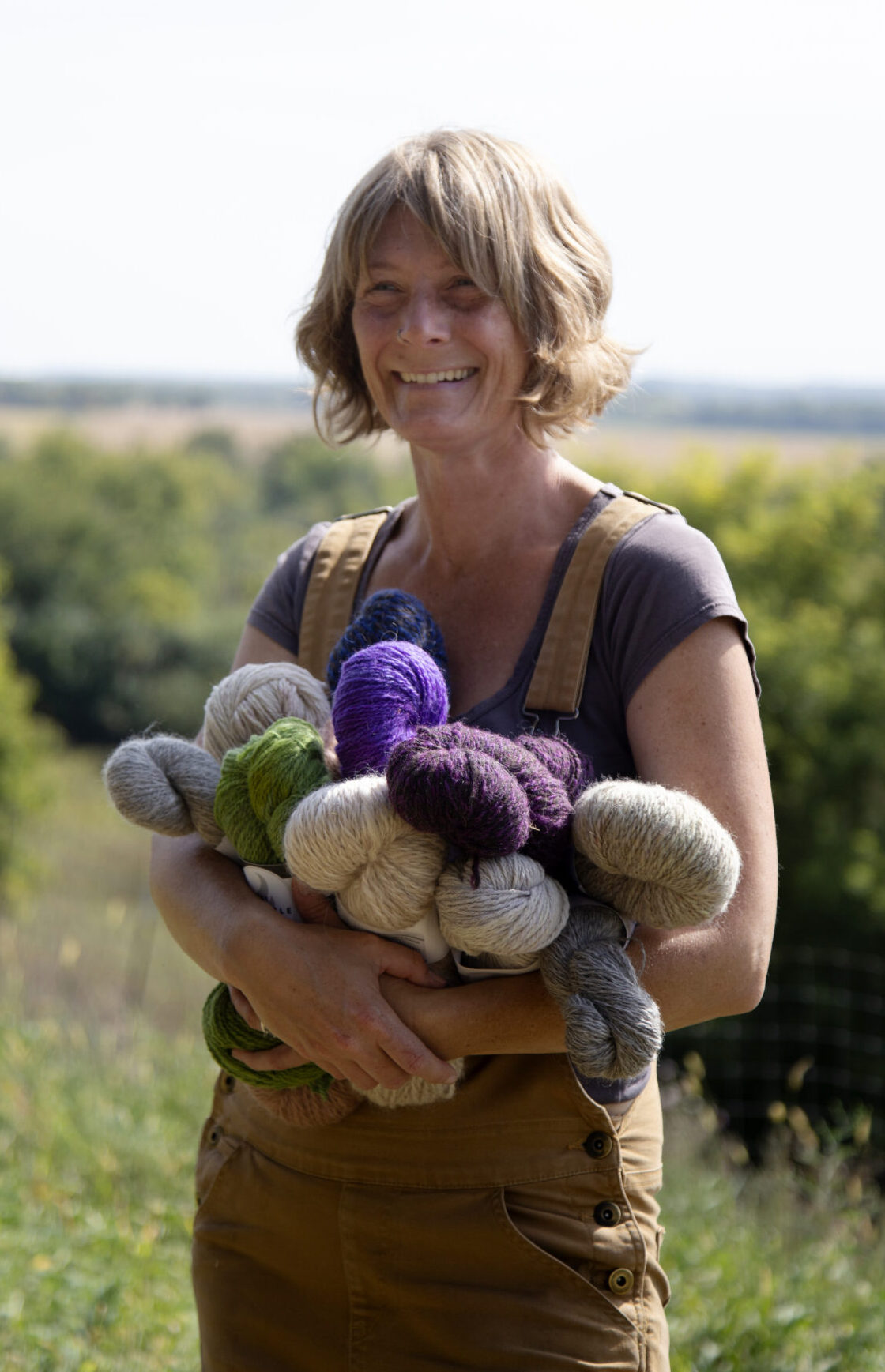Most popular

Playing with Fire: Facepunch Foods Brings Flavorful Heat to the Table
Mark Petersen of Stillwater’s Facepunch Foods fell in love with heat when he was six years old. Facepunch has since produced tens of thousands of bottles of sauce, both as Facepunch and as white label recipes for other businesses.

Minnesota’s Perennial Percent Pioneers: Meet Bang Brewing and Sturdiwheat
Does your favorite pancake mix or locally-crafted brew filter stormwater runoff, improve water quality and work towards a healthier future for Minnesota’s rivers? If it carries the Perennial Percent label, it already has.

A Hustle of Love: X2 Pastries Bakes Their Favorites for You
St. Paul's X2 Pastries is a “hustle of love” according to Xiong Xiong. “We get to bake for ourselves, the products we think are the most delicious and delightful, and we then share it with all of you.”

Drinking is an Agricultural Act at Far North Spirits
The founding of America’s only certified Bee-Friendly Farm Distillery began with a homework assignment. Cheri Reese and Mike Swanson, owners of Far North Spirits, were living in St. Paul following careers in marketing and communications. Mike was pursuing an MBA from the University of St. Thomas where his entrepreneurial class project included a business plan for a distillery that grew its own grain.

Simple Cider Co: Pressing Apples to Build Community
“Half of our company is about the apples. The other half is about the space,” explains Nick Revoir of Simple Cider Co. “The space will be designed for all generations of a family. It will be a place of wonder, like walking into a children’s museum, where the ceiling and the floors aren’t just a normal design. It will be built as a safe place for the kids to be themselves while adult friends connect, commiserate and support each other.”

Fiber Arts: Raising Sheep, Producing Wool, and Finding Community at Get Bentz Farm
As the baroness of Get Bentz Farm, Theresa uses both wool from her flock and fleece purchased from shepherds throughout the region to create her signature products. “I love that I’ve become a producer of yarn in our industry,” smiles Theresa. “I enjoy having control over the end product. I get to collaborate with others to create something that people use.”













